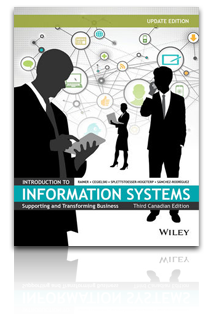AMONG THE SPENDING choices for governments of poorer nations, kick-starting the technological revolution may at first seem like a low priority. Compared with critical infrastructure, healthcare, or schools, improved digital access and less waiting times for birth certificates feel like luxuries that should come further down the road, or perhaps be left to private enterprise. But there is reason to rethink this.
Fast economic growth is the best way to reduce poverty. A recent Tufts University study found that digitization is one of the biggest drivers of a nation’s economic success.
Source: Wired Magazine
Date: November 1st, 2017
Link: https://www.wired.com/story/digital-solutions-can-help-even-the-poorest-nations-prosper/
Discussion
1) “The Bangladeshi government spends more than $9 billion on public procurement every year. Its outdated process is slow, opaque, and open to corruption. This causes high prices, long delays, and inefficiencies. Among the top priorities recommended for Bangladesh, our panel urged a government-wide roll-out of e-procurement (using online systems for the government purchase of services and supplies)” What other organizations, that is not just countries, might benefit from an e-procurement online system?
2) “reform of the antiquated and complex land records system, which is a time-consuming, slow, and potentially litigious paper-based process. Instead of using the Bangladeshi government system, many citizens just rely on informal titles and deeds. For one land registry service, the economists found that digitization would reduce costs by more than 90 percent and require just two visits to government offices rather than five.” What sort of processes have you had to interact with that require excessive paperwork and might benefit from digitization?



Leave a Reply